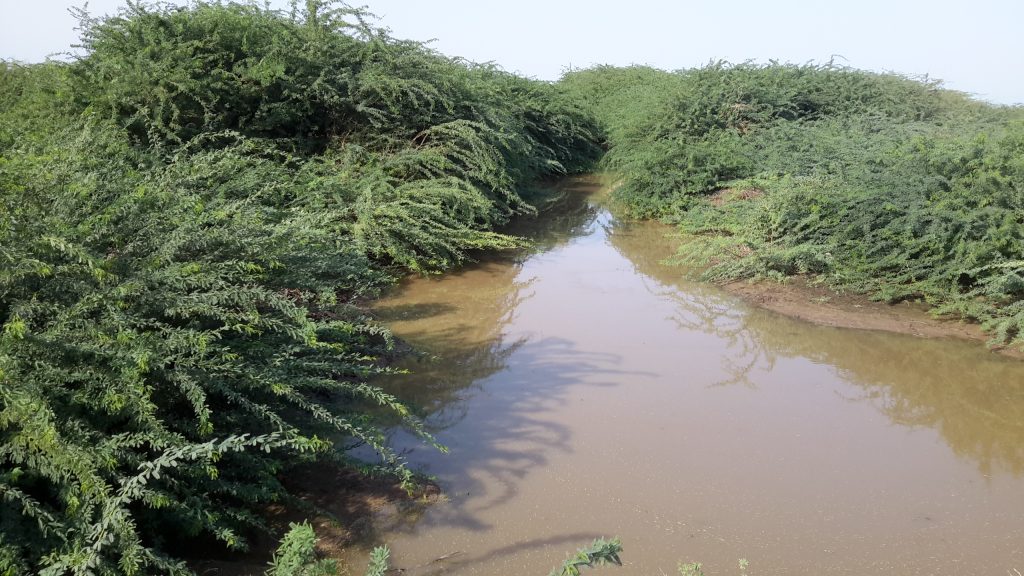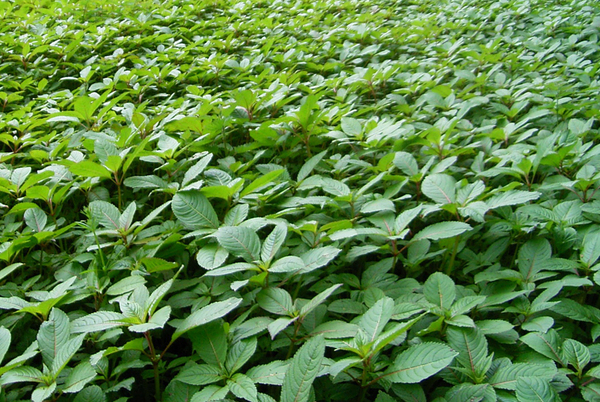CABI helps map ferocious speed and likely cause of woody weed spread across Ethiopia
CABI scientists have helped map the ferocious speed and probable cause of a devastating spread of the invasive alien tree Prosopis juliflora (Swartz DC) across an area equivalent to half of neighbouring Djibouti in the Afar Region of north eastern Ethiopia. Dr Urs Schaffner, who is supervising lead author Hailu Shiferaw for his PhD studies,…
Tackle invasive species to restore degraded landscapes
By Gilbert Nakweya Reblogged from SciDev.Net Invasive alien species should not be used in restoring degraded landscapes as their costs outweigh their benefits, experts say. Invasive alien species, according to the Convention on Biological Diversity, are plants, animals and other organisms that are non-native to an ecosystem, and may adversely affect human health and the…
Why Prosopis no longer ‘pays’ as a prospect for positive environmental and socio-economic productivity
In the late 1970s and early 1980s the group of closely-related woody plant species and hybrids known as Prosopis were seen as a ‘saviour’ for millions of pastoralists and agro-pastoralists in East Africa whose very livelihoods were threatened by the degradation of dryland ecosystems spurred on by overgrazing, and by deforestation and a shortage of…
Could invasive plant management prevent the spread of malaria?
CABI scientists have joined an international team of experts who suggest that the large-scale management of a range of some invasive plants could hold the key to reducing the spread of deadly malaria. Dr Arne Witt and Dr Sean Murphy worked with scientists from the University of Illinois, The Ohio State University and the Fundación…
Removal of invasive shrub could be an easy way to help reduce malaria transmission
Removing the flowers of an invasive shrub from mosquito-prone areas might be a simple way to help reduce malaria transmission, according to a new study published in the open access Malaria Journal. Removing the flowers from villages in Mali decreased the local mosquito vector population by nearly 60%.
Use them and lose
Is promoting the utilisation of invasive non-native species for commercial or other uses e.g. as a feed for livestock, use as a fuel or to produce biogas, a help or a hindrance to their control? A view from Arne Witt, CABI Regional Coordinator, Invasives (Africa & Asia): Promoting the utilization of any invasive non-native species…
- « Previous
- 1
- 2


